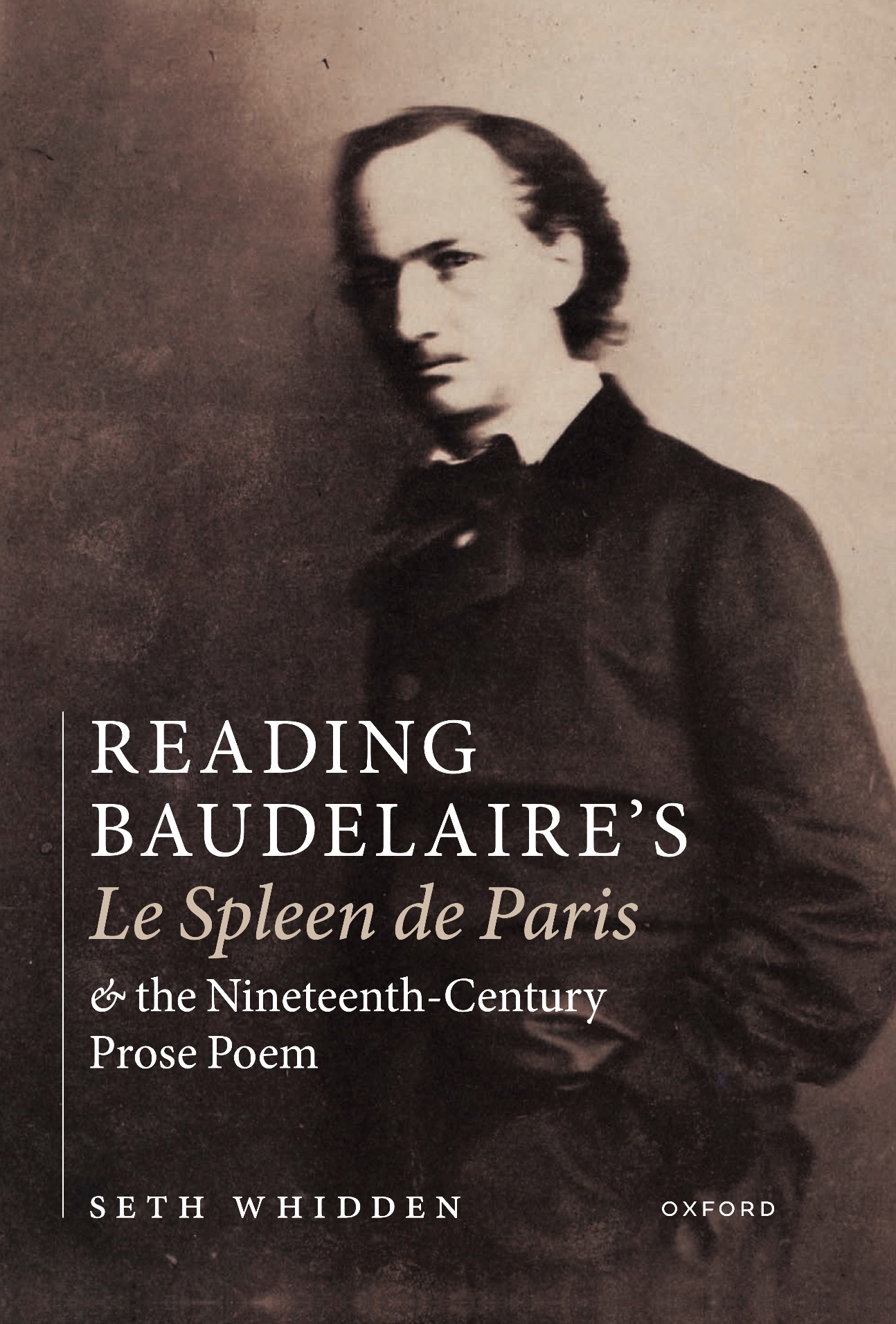
Through its readings of Charles Baudelaire's collection Le Spleen de Paris and other prose poems from the nineteenth century, this book considers the practice of reading prose poetry and how it might be different from reading poetry in verse. Among the numerous factors that helped shape the nascent modernity in Baudelaire's poetic prose are the poems' themes, forms, linguistic qualities, and modes. The contradictions identifiable at the level of prose poetry's discourse are similarly perceptible in other aspects of Baudelaire's poetic language, beyond the discursive: in the poems' formal considerations, which retain recognisable traces of verse despite their prose presentation; and, with respect to both poetic form and thematics, in the sights and sounds that contribute to their poeticity.
With a focus on what makes prose texts poetic, this study sheds light on Baudelaire the practitioner of the prose poem, as he navigated and complicated the boundaries between verse, prose, and poetry. Rather than rejecting those categories, Baudelaire forges a poetic space in which the notions of poetry and prose are recast, juxtaposed in a delicate balance in a textual space they manage to share. This coexistence of poetry and prose—previously thought of as incompatible—is the underlying tension and framework that contributes importantly to the modernity of his prose poetry. In turn, this new mode of poetry calls for new modes of reading poetry and new ways of engaging with a text.